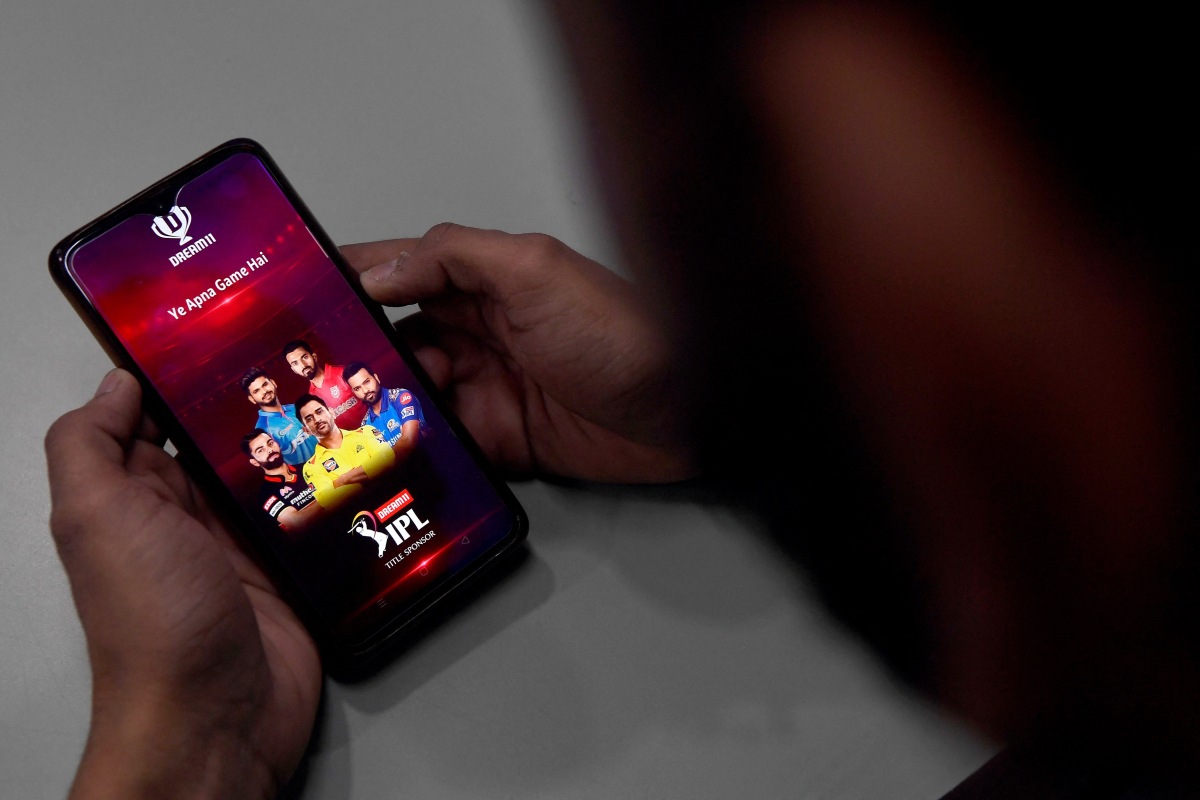
India deals a 28% tax blow to online gaming
India unveiled a significant tax increase on turnovers of online gaming companies on Tuesday evening in a major blow to the fast-growing industry that was quick to label the move as “catastrophic” and “unconstitutional.”
The Goods and Services Tax Council, which comprises top federal and state finance ministers, said it had agreed to levy a 28% indirect tax on online gaming, casinos and horse racing. The council said there should be no distinction between “game of skill” and “game of chance,” closing a loophole that has allowed fantasy sports companies to justify their offerings as skill-based.
Roland Landers, chief executive of All India Gaming Federation, a tradebody that represents many players including Mobile Premier League, Gameskraft, Paytm First Games, Zupee, Nazara, and Rush, said that the GST Council’s decision is “unconstitutional, irrational, and egregious.”
“This decision will wipe out the entire Indian gaming industry and lead to lakhs of job losses and the only people benefitting from this will be anti-national illegal offshore platforms,” Landers said in a statement.
Online gaming is one of the fastest growing consumer internet businesses in India. Startups including Dream Sports, valued at over $8 billion, have raised billions as a generation of internet users forms habit of making bets on real-world sporting events.
Tuesday’s announcement follows the Indian IT Ministry directing gaming firms to form self-regulatory bodies to determine which games are permitted in the country.
India’s Finance Minister Nirmala Sitharaman said GST Council would work closely with the IT Ministry on recognizing games under the online gaming category.
“What we are taking as a position is this is purely on the taxation,” she said at a press conference in New Delhi following the GST Council’s 50th meeting. “We will still align with what the MeitY (the Ministry of Electronics and Information Technology) wants to bring in as their regulation.”
Earlier this year, New Delhi amended its IT law to crack down on online games offering betting services. It also tasked the gaming industry to form self-regulatory bodies.
Sitharaman explained that the decision on taxation was made after considering the moral dilemma of prioritizing online gaming over essential goods, which have been subject to GST for some time.
“Our intention is not to end online gaming, casino, horse racing. But all these have become so complex that go this route or go that route, each route has transparency to a certain extent, but after that, it is opaque,” she said.
More to follow.


